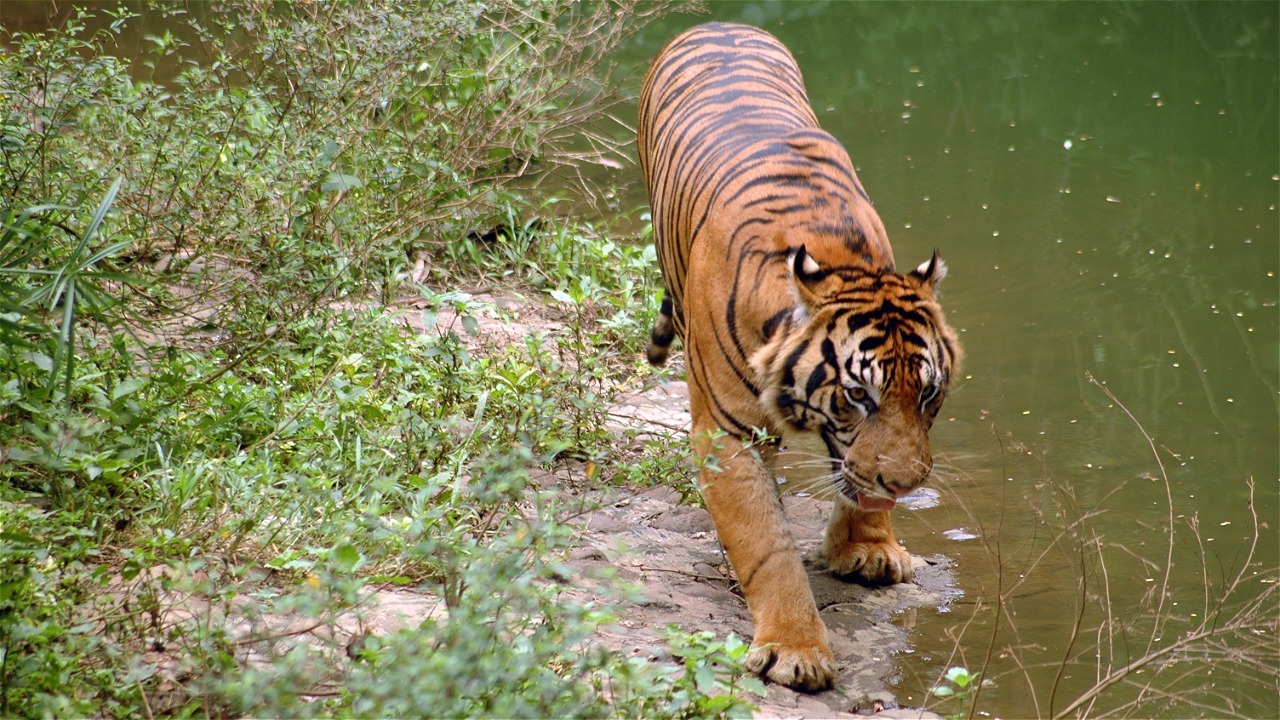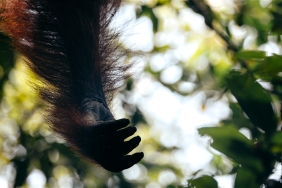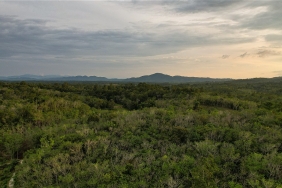CULTURE IS KEY TO SUMATRAN TIGER CONSERVATION EFFORTS
By: Nur Arinta
The Sumatran tiger (Panthera tigris sumatrae) is one of six surviving tiger subspecies in the world. Unfortunately, their lives are now threatened by the high rate of illegal trade in Sumatran tiger parts, which has led to rampant poaching of these big cats. Not only that, habitat shrinkage due to land conversion due to land clearing into industrial plantation forest (HTI) plantations, encroachment, and community settlements is also a major threat to the preservation of the Sumatran Tiger.
The Rimbang Baling Landscape is the home range of the Sumatran Tiger. The existence of local communities in the area surrounding Sumatran Tiger habitat makes community involvement very important for Sumatran Tiger conservation efforts. As WWF-Indonesia has done to local communities living in the Rimbang Baling area, Pekanbaru. In collaboration with the Nature Conservation Education Foundation (YAPEKA) and the Indonesian Ecotourism Network (INDECON), and supported by IUCN and KFW, WWF-Indonesia developed a strategic partnership and synergized the program with the parties through the Integrated Tiger Habitat Conservation Program (ITHCP). The ITHCP carries the tagline "Communities for tiger recovery in Rimbang Baling: the Beating Heart of the Central Sumatran Tiger Landscape". The program aims for Rimbang Baling to continue to provide space for Sumatran Tigers and critical links for tiger movement in central Sumatra that can be managed by local communities. The program seeks to enable humans and Sumatran Tigers to coexist and not attack each other.
Long before WWF-Indonesia was present in Rimbang Baling, the local community had a culture and rituals to protect the Sumatran Tiger and its habitat. This is because the people of Rimbang Baling have an inner attachment to the Sumatran Tiger. For a long time, the Sumatran Tiger has always been associated with mystical things. Even local people dare not call the Sumatran Tiger as "tiger", they often refer to it as "inyiak".
As Dodi RA, a Rimbang Baling youth who is also a WWF-Indonesia volunteer there, said. "We see the tiger as two things, physically and mentally. For us, tigers are part of social control. We believe that if there is a violation of ethics or norms in life, the Sumatran tiger will appear. If a tiger enters villages, it is a bad sign that there has been a violation of ethics in the village," Dodi explained. In addition, the community around Rimbang Baling also performs a buffalo slaughtering tradition, after which some parts of the buffalo are offered to the Sumatran Tiger. This tradition is often carried out before entering the month of Ramadan every year.
Not only that, the people of Rimbang Baling also believe that their ancestors had made an oath called Sompah Sotie. This Sompah Sotie is a saga promise that contains an agreement between humans and Sumatran Tigers inwardly not to interfere with each other and attack each other. People promise not to hunt or kill tigers, and tigers will not disturb people or eat their livestock. The tiger will even help guide the way back to the village if a human gets lost in the forest.
If the agreement is broken, the human who killed the tiger will be expelled from the hamlet. If not expelled, the community believes that there will be disasters experienced by the community and they will be harassed by Sumatran tigers. Meanwhile, if a tiger disturbs or kills a human, they believe that the tiger will be killed by another tiger.
Sharing space is key for conservation efforts and the communities that live around the area. Many conflicts that occur between tigers and humans are caused by the disruption of harmony between human life and Sumatran tigers. The exploitation of Sumatran tiger habitat has caused tigers to lose their habitat. This has triggered an increase in conflicts between tigers and humans.
A culture of mutual care between humans and nature is needed to maintain harmony between the two. Because if we do good to nature, nature will certainly bestow a million goodness to us.





